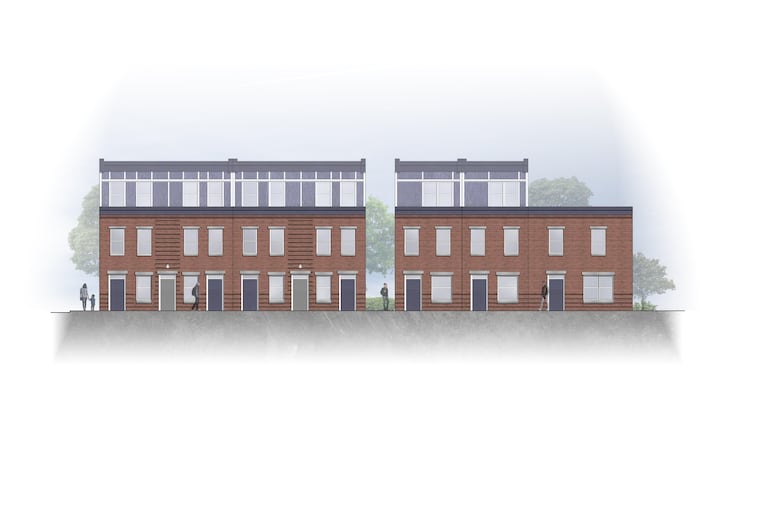Point Breeze rental complex proposed under plan to keep homes affordable even if landlord changes
The Women’s Community Revitalization Project was approved through a vote last week by the Philadelphia Redevelopment Authority to buy the three-quarter acre tract for a nominal fee for what it is calling the Mamie Nichols Townhomes.

A nonprofit developer wants to build an affordable housing complex of 33 rental apartment and rowhouse units on what is now city-owned land in South Philadelphia’s Point Breeze area, a neighborhood that’s seen soaring housing costs in recent years.
The Women’s Community Revitalization Project, based near Kensington, was approved through a vote last week by the Philadelphia Redevelopment Authority to buy the tract at Reed and South Capital Streets, west of South 20th Street, for a nominal fee to build what it is calling the Mamie Nichols Townhomes.
City Council must also approve the deal.
“The Mamie Nichols Townhomes are important in Point Breeze, where affordable rental housing is disappearing, to ensure that long-term residents get to stay in their community,” said the organization’s president Nora Lichtash.
The complex, named for a deceased Point Breeze community leader, is to comprise a mix of one-bedroom apartments and two- and three-bedroom rowhouses.
Some apartments are to be available at heavily subsidized rents — or even rent-free — for military veterans with disabilities, Lichtash said. Monthly rent at the rowhouse units are expected to range from $170 to $775.
The project is to be completed under an ownership structure known as a “community land trust,” which caps the potential markup on the rental complex if it is ever resold so that the units remain affordable to low-income renters.
The Women’s Community Revitalization Project is developing five additional rowhouses on a nearby parcel that it plans to sell to individual home buyers under the land-trust structure, which will limit how much those owners can earn by reselling the properties.
“These homes will be permanently affordable,” Lichtash said.